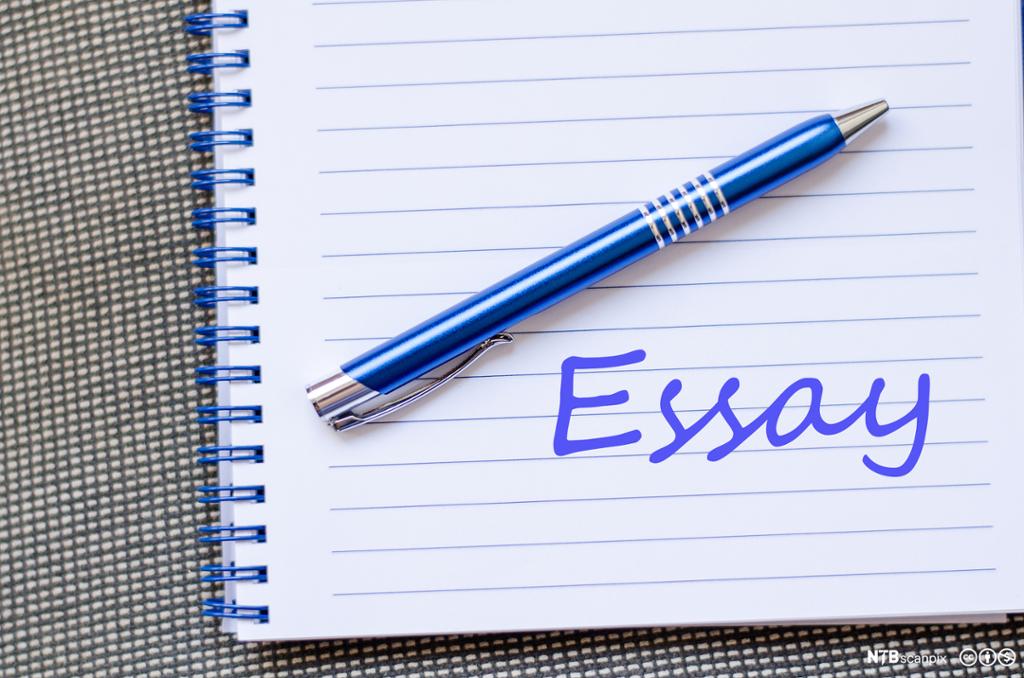Tasks: Sample Five Paragraph Essay

Do you know the terms 'hook', 'bridge', 'thesis statement', and 'topic sentence'? If not, you may want to go through the following articles about introductions, body paragraphs and conclusions before you work with this text.
There are many ways to write a good and convincing text, and it often takes years of practice before you master the art of writing a well-balanced essay. Below, you will find a short five-paragraph essay that may help you identify important elements that should be included in a text. These elements will help you communicate well with the reader. Go through the text before you discuss the questions in groups or in class.
Sample text: Why is it so important to master English as a second language?
According to the EF English Proficiency Index, Norway ranks number five on the list of countries with the highest proficiency of English as a second language. In general, the Norwegian population master the language well, and most young people today understand the importance of learning English in school. Still, we often see Norwegian secondary school students choose other subjects over English as soon as they have a choice. English is often regarded as an ‘easy’ language that ‘everyone’ can speak, and other subjects therefore take priority. However, it is important not to underestimate the level of English proficiency that is required of you later in life and the benefits that come with a good command of English.
First, English is essential if you are going to succeed as a student. A majority of the books used at the university are in English. Moreover, since there now are many international students studying in Norway, you will also find that many of the lectures will be in English. Also, several students choose to do all or parts of their studies abroad, often in English-speaking countries, and a lack of English knowledge would therefore rob you of great opportunities. The academic English that is used in tertiary education is fairly complex and can be a real challenge for anyone who does not have thorough knowledge of the language. It is therefore important to come prepared when you start university.
As you move from student life to a professional life, you will also find that English will be of great importance. English is today the language of science, aviation, technology, diplomacy, business, and tourism, and more and more international companies are using English as their language of communication. You will also find that many Norwegian businesses will use English as their working language, both when speaking and writing. Therefore, if you know English well, it will expand your possibilities on the job market and increase your chances of getting a good job in an international company in Norway or abroad.
Moreover, a great benefit to learning English is that it increases your cultural understanding of native English-speaking countries, but also of other countries whose second language is English. Traditions and cultures of other countries can be better understood if you have a thorough understanding of the language. In our globalised world, cultural competence is more important than ever, as it may create friendships and business relationships across borders.
The benefits of knowing English are clearly numerous. We know that a good command of the language may be the ticket to an interesting career and a well-paid job. The language may also be a door opener for better understanding across cultures, religions, and state borders. Even though most Norwegians do master English quite well, many people tend to overestimate their language competence. It takes more than a general knowledge of English to be able to fully participate in the multicultural, global community we live in. So use every chance you have to improve your understanding of and competence in English – it will benefit you later in life.
Do you think this is a good essay? Are there any parts that you find unclear or unstructured? If you were writing the essay, what would you have done differently?
In the beginning of a text, it is important that you somehow manage to grab the reader's attention. This is called a 'hook'. What kind of hook is used in the beginning of this text? Is this an efficient attention grabber?
Individual work: spend a few minutes rewriting the first part of the introduction, using a different type of hook. Compare and discuss which one you find most effective.
Identify the bridge sentences in the introduction. Why are these sentences important?
A thesis statement is a sentence that clearly identifies the topic being discussed in the text. What would you say is the thesis statement of this text?
What is the aim of a topic sentence? Identify the topic sentences of this text. What is the aim of the supporting sentences that follow the topic sentence in a paragraph?
A good conclusion should do three things: answer your thesis question, link ideas together, and end the essay in a rounded way that gives the reader a feeling of closure. To what extent would you say that this is a good conclusion?Would you have done anything differently?
How are the different paragraphs linked to each other? Comment on the transitions between paragraphs.
In the text below, we have removed all linking words and other linking devices from the first two paragraphs of the text. Compare this text to the original text and explain the effect of linking words.
Relatert innhold
An article that will help you write a good introduction to your essay.